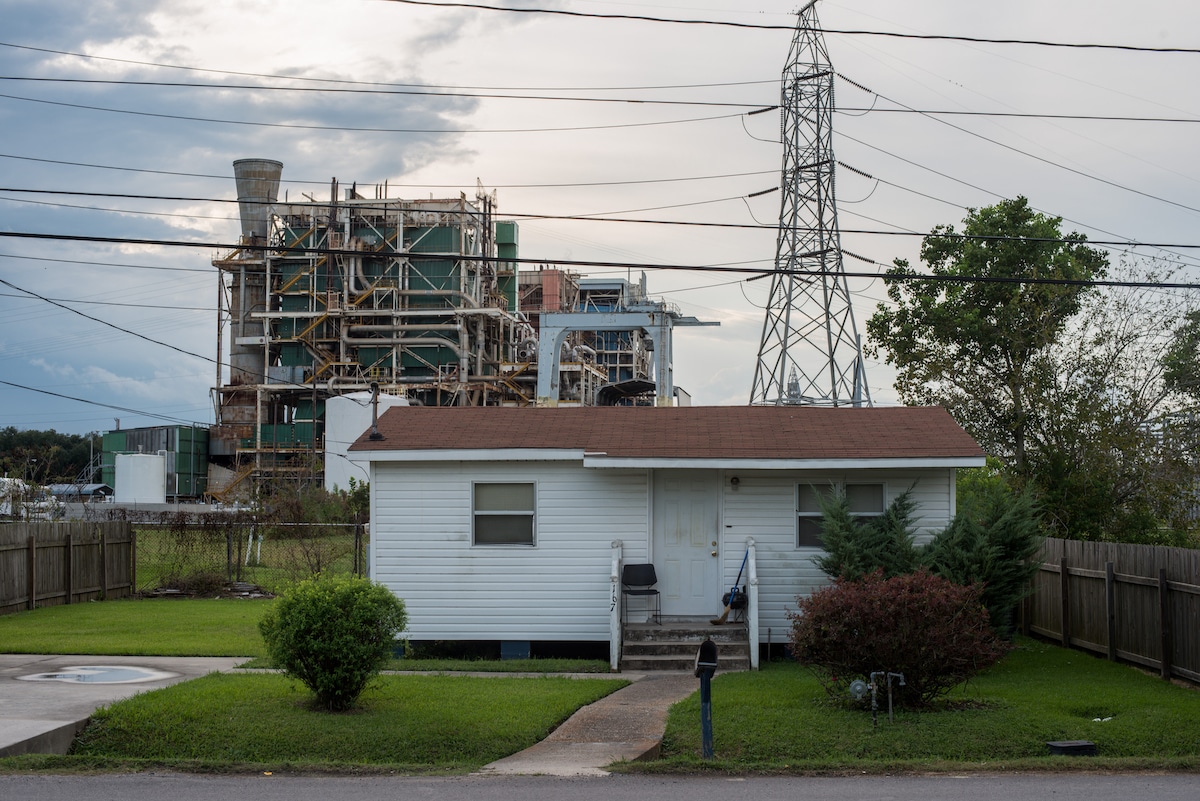Judge Revokes Permits for Massive Cancer Alley Plastics Complex

 Why you can trust us
Why you can trust us
Founded in 2005 as an Ohio-based environmental newspaper, EcoWatch is a digital platform dedicated to publishing quality, science-based content on environmental issues, causes, and solutions.
A state court has struck down permits for a massive petrochemical plant that would have doubled or tripled the emissions of cancer-causing chemicals polluting the already beleaguered Cancer Alley.
Louisiana’s 19th Judicial District Court ruled September 14 that the Louisiana Department of Environmental Quality (LDEQ) failed to protect the public when it issued air permits for a massive Formosa Plastics project in St. James Parish, Louisiana.
“Stopping Formosa Plastics has been a fight for our lives, and today David has toppled Goliath,” RISE St. James founder and president Sharon Lavigne said in a statement published by Earthjustice. “The judge’s decision sends a message to polluters like Formosa that communities of color have a right to clean air, and we must not be sacrifice zones.”
RISE St. James was one of seven public health and environmental groups that had sued to block the permits, with Earthjustice representing them. The complex, which its developers call the Sunshine Project, would be the largest producer of plastics and their raw materials in the world if completed, according to The New York Times. As such, it would have emitted more than 13.6 million tons of greenhouse gas emissions every year, as well as 800 tons of toxic air pollution.
This would have been bleak news for the town of Welcome, where it was to be built. The town already sits in a district that houses a third of the chemical plants in St. James Parish. The 10-chemical-plant complex would have also been located within one mile of an elementary school, according to Earthjustice.
The area where the plant would have been constructed is a stretch along the Mississippi River known as Cancer Alley because around 25 percent of U.S. petrochemical production takes place there, giving it extremely unhealthy air quality, The Guardian explained. This has devastating impacts on the area’s largely Black residents.
“The air is toxic; you can’t drink the water; you can’t plant a garden,” Lavigne told The New York Times. “I felt like these plants are cutting our life short.”
Lavigne and fellow activists sued just a month after the LDEQ approved 14 air permits sought by FG LA — an affiliate of the Taiwanese Formosa Plastics Group — in 2020, according to Earthjustice. The company’s modeling showed that emissions would have violated the U.S. Environmental Protection Agency safe limits for particulate matter and nitrogen dioxide pollution, which can cause respiratory ailments like asthma attacks.
In her ruling, Baton Rouge District Judge Trudy White said that the state regulator was selective when reviewing data to issue the permits and did not fully consider the impacts of the plant on the local community, according to Reuters.
“Because the agency’s environmental justice analysis showed disregard for and was contrary to substantiated competent public evidence in the record, it was arbitrary and capricious,” she wrote, as Reuters reported.
An FG LA spokeswoman told The New York Times that the company still planned to proceed with the project, while an LDEQ spokesman said that the regulator was reviewing the ruling. However, the decision sets an important precedent that state regulators and large corporations cannot continue to sacrifice marginalized communities.
“The Court’s decision affirms that the harms caused by an industrial facility, whether a plastics plant or a fossil fuel refinery, cannot be assessed in isolation from surrounding sources of pollution or from the broader context of the mounting climate emergency, disproportionately harming marginalized communities,” Center for International Environmental Law director of the climate & energy program Nikki Reisch told Reuters.
Subscribe to get exclusive updates in our daily newsletter!
By signing up, you agree to the Terms of Use and Privacy Policy & to receive electronic communications from EcoWatch Media Group, which may include marketing promotions, advertisements and sponsored content.

 233k
233k  41k
41k  Subscribe
Subscribe 




